Zimbabwe has rolled out a new law requiring all vehicle owners to pay an annual radio licence fee of $92 before they can obtain vehicle insurance. The measure, signed into law by President Emmerson Mnangagwa, is part of the recently amended Broadcasting Services Act and is aimed at supporting the state broadcaster, the Zimbabwe Broadcasting Corporation (ZBC).
A New Precondition for Motor Insurance
Under the Broadcasting Services Amendment Act, the radio licence fee is now a prerequisite for accessing services from the Zimbabwe National Road Authority (Zinara), including insurance renewals. The law mandates motorists to pay the fee in four quarterly instalments of $23, and valid proof of payment must be presented when renewing vehicle insurance or registering a new vehicle.
Government Justifies Move Amid Public Outcry
Government officials have defended the policy, insisting it is a necessary step to ensure the financial sustainability of the national broadcaster. Nick Mangwana, Permanent Secretary at the Ministry of Information, described the fee as “fair” and “appropriate,” noting that ZBC’s operations rely heavily on public contributions in the form of licensing fees, government subsidies, and advertising revenue.
However, the introduction of the fee has been met with strong opposition. Critics argue that the levy is ill-timed and inconsiderate, particularly as the country continues to grapple with economic hardship. Prominent opposition figure Nelson Chamisa condemned the law, calling it “draconian, anti-citizens and outrightly heartless.”
Public Sentiment and Media Bias Concerns
The Zimbabwean public has expressed frustration, with many viewing the fee as yet another burden on already strained incomes. There is also growing dissatisfaction with the quality and impartiality of ZBC’s programming. The state broadcaster has long been accused of exhibiting pro-government bias, particularly during election periods, raising questions about the fairness of compelling citizens to fund a media entity perceived as partisan.

Exemptions and Special Cases
According to the new law, certain exemptions will apply. Tourists and owners of vehicles without radio receivers may be exempted from the fee, although the process for verifying eligibility remains unclear. The government has yet to outline the mechanisms for monitoring compliance or penalising defaulters.
Looking Ahead
As the regulation comes into full effect, stakeholders are calling for more transparency in how the licence fees will be used and whether the public broadcaster will become more accountable and balanced in its reporting. While the government views the policy as a way to revive and fund national broadcasting, many citizens are calling for reforms to ensure value for money.
Read Also: Nigeria: Gov’t Withdraws Controversial Mandatory Voting Bill Amid Public Backlash



